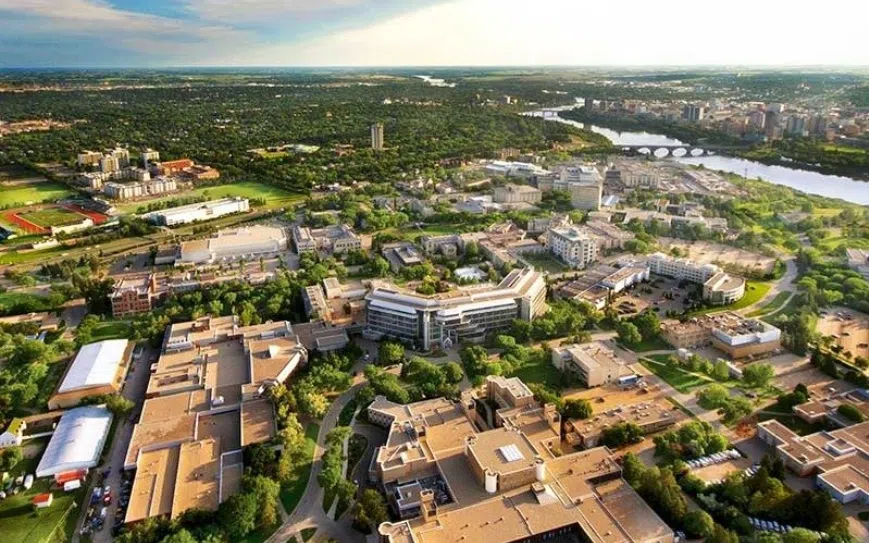In Canada’s history, struggling communities have often been handed a ready-made solution from people in power. To avoid using a top-down approach with communities facing water insecurity, the University of Saskatchewan is giving those who are impacted a chance to create their own solution.
That from Dr. Graham Strickert, an associate professor at the University of Saskatchewan. As part of a new initiative at USask, his team will travel to James Smith Cree Nation and Cumberland House to hold mixed media workshops with community members. The team hopes to learn what solutions the public has for tackling water insecurity in those areas.
“We’re specifically focused on water security, because it’s such a big challenge for these communities. (They experience) everything from flooding, drought, fire, water treatment, the impact on ecosystems, the impact on culture.”
The data collected will then be written into a script for a play.
“What we’re trying to do here is help communities decide what solutions they want to explore in these performances. They’re in the driver’s seat. They’re the ones that are making the decisions about their future, and they are place-based solutions. So, they are purpose-built for that particular community.”
The play will be performed for the public at several local schools, as well as government figures and policy makers.
“We’re hoping that they’re playing close attention to the adaptation and mitigation options that communities are considering.”
Strickert says science is important, but theatre and art is far more accessible and graspable.
“Art is a very complimentary piece of understanding. It allows us to explore creative solutions. It allows us to innovate new ideas.”
Similar projects are taking place in England, Germany, and New Hampshire, and the groups will collaborate to discuss their findings at the end of the three-year project.




















